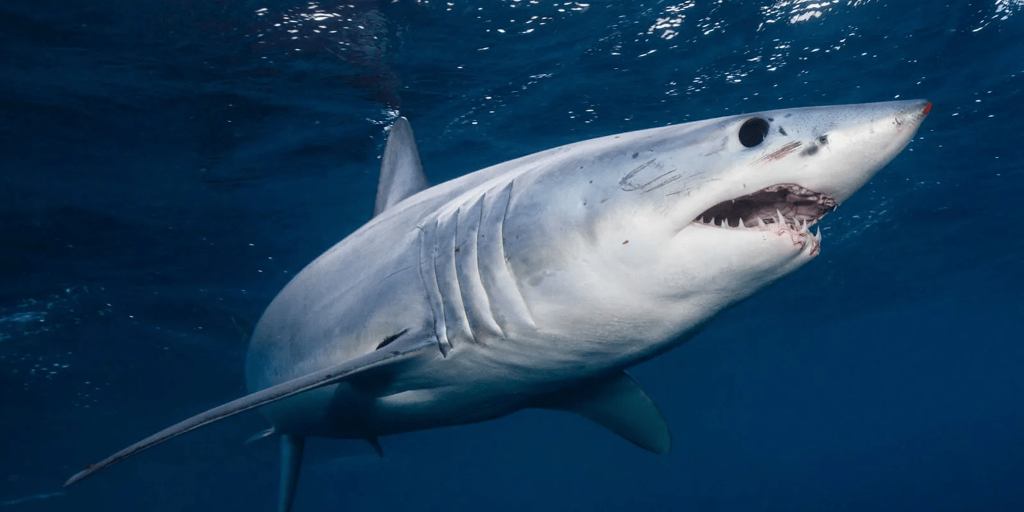A committee of specialists from the Red Sea protectorates and Hurghada Environmental Protection and Conservation Association (HEPCA) issued a report on Monday disclosing the reason for the two shark attacks as a result of the mating and egg laying season that occurs from mid-April to the end of July.
Other reasons associated with the attack include overfishing, excessive diving and snorkeling, and humans feeding fish, which result in sea animals searching for new places for food in shallow areas.
To prevent future attacks in the short term, the report recommends putting an end to recreational fishing, and restricting snorkeling and diving activities to be only under the supervision of licensed guides. A comprehensive plan to safeguard marine life will also be developed, the report adds.
A few days before the Eid Al-Adha holiday, two women – a Romanian tourist in her late 40s and a 68-year-old Austrian woman – were killed in shark attacks in the south of the city of Hurghada.
Egypt’s marine life has been threatened by plastic pollution, maritime transport, unsustainable fishing practices, and rising ocean temperatures that are leading to coral bleaching and physical damage to these ecosystems.
In 2019, Egypt’s Red Sea governor, Ahmed Abdullah, banned single-use or disposable plastics starting from June after agreeing to the proposal submitted by HEPCA.
Subscribe to the Egyptian Streets’ weekly newsletter! Catch up on the latest news, arts & culture headlines, exclusive features and more stories that matter, delivered straight to your inbox by clicking here.







Comments (11)
[…] attacks being incredibly rare in the Red Sea, experts have looked into the two tragic incidents, Egyptian Streets […]
[…] attacks being incredibly rare in the Red Sea, experts have looked into the two tragic incidents, Egyptian Streets […]